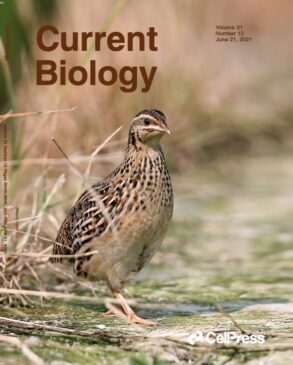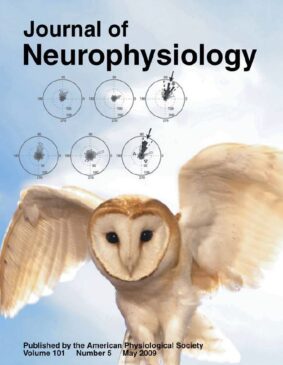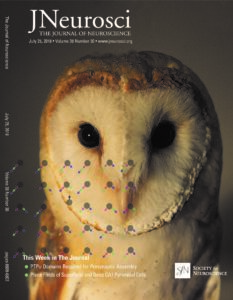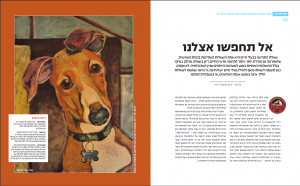In our lab, we are interested in mechanisms of information processing for sensory-cognitive functions. Our approach is neuroethological, progressing from behavior to the underlying neural mechanisms. Our research is focused on two species of birds: (1) The barn owl, a nocturnal predator, specialized for detecting small prey in acoustically complex and dimly lit conditions. (2) The Japanese quail, a domesticated ground-dwelling species. We believe that some of the most challenging questions in neuroscience can be answered by studying diverse and specialized species. For example, the important question of how sensory experience shapes the circuitry of the brain to allow adaptive behavior has been studied extensively in barn owls. As a result of this research, the auditory system of the barn owl provides today one of the best-understood examples of experience-dependent plasticity. In our lab, we are extending this research on the sensory systems of birds to address a broad scope of topics related to learning, attention and spatial orientation.
Join us!

We are very excited about our birds, especially when they appear on the cover!




A report in the New York Times on our lab, describing findings on perceptual grouping in Barn Owls
